PNG Draft Mining Bill: Innovative
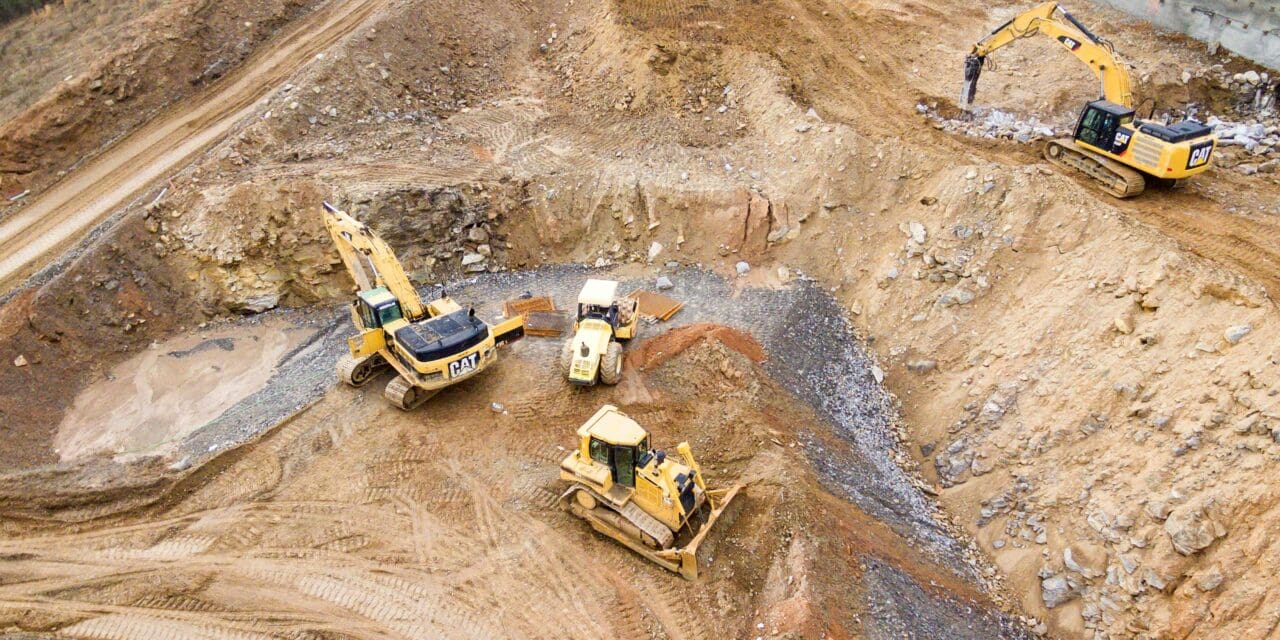
By ANGELA VAVAR
PORT MORESBY: THE Papua New Guinea (PNG) Draft Mining Bill 2025, to be passed into law in a few months, appears to be comprehensive and innovative in replacing the Mining Act of 1992, says an advocate Caritas PNG Advocate Giorgio Licini said “It clearly seeks to address the needs and the interests of the industry but also the implications for the national and local governments, the customary landowners and the citizens at large.
“The PNG Draft Mining Bill 2025, contains provisions more favorable to the PNG government and the PNG national community than the soon to be repealed Mining Act 1992.
“Whatever business exists in alluvial mining, for example, is now strictly reserved to PNG citizens, an amendment already introduced in 2021 to the 1992 Mining Bill. But also, a Mineral Data Repository Hub for the National Government is confirmed, an amendment that also dates to 2020 and mandates all operating mines to submit live extraction and export data in real-time to a central hub at the Mineral Resources Authority,” he said.
The PNG Ministry of Mining promoted a Public Consultation on the Draft Mining Bill 2025 for stakeholders and the public to provide feedback by April 4, 2025. As the Justice, Peace, Relief and Development agency of the Catholic Church in PNG, and inspired by the Social Teachings of the Church, which centers on the person and the common good, Caritas PNG felt compelled to take up the matter and point at some relevant moral and social concerns. A general information on the status of the extractive industry (mining, oil and gas) in PNG was provided just a few weeks ago in a public statement by former Mining Minister, Muguwa Dilu (now replaced by Rainbo Paita), and reported by News online on march 25, 2025.
It was stated that then Minister Dilu that the industry has always accounted for more than 80% of the total export revenue of PNG. It plays a significant role in supporting skills development, wage income tax, employment opportunities, and community project developments.Some, however, would dispute the right of the mining minister to discuss oil and gas matters (coming under the responsibility of the Ministry for Petroleum and Energy), let alone conflate oil and gas statistics with those of mining.
Dilu also mentioned that according to the 2019 PNG Extractive Industry Transparency Initiative Report, there was a total of PGK 32 billion in contributions from the extractive industries that year. However, only 18.5% (PGK 6.14 billion) of that sum was received by PNG entities. Out of which, only 3.7% (PGK 1.2 billion) went to the National Government.
In that year, mining alone contributed about 44% (PGK15 billion) of the total export revenues, and the extractive industries collectively contributed 86% of the export volume out of the country. However, only 7% of that went to government revenue. Licini said “To consider only reports of one year may be misleading, but since 2019 the efforts of the Marape-Rosso government to increase the benefits for PNG must be acknowledged, though the results have still to be felt and assessed. The extractive industry works on long term plans and projects, with the need to offset investment costs and capital in the first phase of access to specific natural resources targeted for extraction.
“Still as reported that the data provided by Dilu, as an overview of PNG’s mineral production, over the last five years, the average annual metal production has been the following: gold 2.4 million ounces;
84,500 tons concentrate; nickel 33,500 tons; cobalt 3,000 tons; and chromite 123,000 tons concentrate. Main gold and copper mines are Ok Tedi (Western), Lihir (New Ireland), and Porgera (Enga). For nickel is Ramu Nickel in Madang province. All in all, mining is 20% of PNG Gross Domestic Product.
The former Minister also mentioned the potential closure of major mines and depletion of mineral
resources in PNG saying ‘it is worthy to note the potential end of mine life for existing major mines in
PNG, for gold mines by 2053 and copper mines by 2065.
“The mineral export revenue is expected to be K30 billion this year 2025 and subject to gold prices, low exchange rates, and attainment of full production in the Porgera mine, according to Mineral Resources Authority (MRA) managing director Jerry Garry, while last year it was K19 billion as reported in the The National, 3 April 2025.
“Though expressing a general positive opinion on the Draft Mining Bill 2025 and aware of the fact that mining can never be a totally c lean, safe and environment friendly exercise, Caritas PNG believes thatfurther consideration is needed, and changes should be made to some parts of the Bill at least in four areas of concern: two regarding the environment, and two regarding community impact.
“Experience has shown over the past decades that a mining project situated well upstream in very large river basin is responsible for an appalling amount of environmental damage and community disruption, despite all adopted real or claimed mitigation measures.
“It is the evident fate of the Fly River in Western, and the future of the doomed Sepik River, if the Frieda
Mine project is allowed to proceed. Negative effects of mining can never be totally prevented.
“The Mining Bill 2025 should include a limit of 50 km’s, or at the most 75 km’s from the seacoast for a
new mining project to be considered in the first place. The potential pollution from the Frieda Mine
project alone, situated more than 200 kms inland, would affect the living conditions of half a million
people and a unique ecosystem of almost one hundred thousand square kilometres.
“Offshore mining is of even greater concern. It is not in the Mining Act 1992. It is being taken up now in
Part VII (147-156) of the Draft Mining Bill 2025. Offshore mining has not yet been implemented by any
country neither in their Exclusive Economic Zones nor in international waters, for which the International
Seabed Authority (ISA) has yet to grant any licenses, “as there is still disagreement within the 36 nation- State Members of the ISA Council (168 member states in total) as to whether Deep Sea Mining is deemed
environmentally safe” (Weathering the Storm, Sydney, Nov 2024).
“The hesitation encompasses a broad range of concerns: migration routes of fish and large sea mammals like whales, underwater noise that can disturb marine life and their behavioural patterns, impact on both the fishing industry and the reliance of coastal communities on the products of the sea, ocean currents taking waste, tailings, and poisonous chemical substances to whatever distance from the drilling site, environmental damage to the sea and the coastline with possible displacement of human settlements with no alternative land and livelihood.
“In consideration of these evident, massive and very likely risks (and probably others still unforeseen), Caritas PNG in its submission April 4, 2025 has requested the removal of Part VII (Offshore mining) from the final version of the Mining Act 2025 and the imposition of a permanent moratorium on the practice. No offshore mining in the future of Papua New Guinea! The coastal communities will certainly reject it if located within the PNG’s Exclusive Economic Zone, while they will find it harder to resist it, though still suffering the same negative consequences, if located further offshore in international waters.
“One more reason, therefore, for Caritas PNG to support a specific proposal by the Port Moresby based Centre for Environmental Law & Community Rights Inc. (CELCOR) for the Mining Bill 2025: add and include Free Prior and Informed Consent (FPIC) as a separate provision in the Act; thus, mandating full consultation and social mapping before any mining activities are carried out.
“Interaction of mining applicants with the local communities should be monitored by independent bodies to prevent manipulation of remote and scarcely educated communities. Customary landowners must be fully considered as the adverse environmental impacts of mining often outweigh the perceived benefits of extractive developments within their communities” (CELCOR).
“It is no mystery that companies normally posing as “developers” (not only in the mining sector) are “exploiters”. Buying off local community leaders and dividing landowners with privileges and perks to better achieve consensus is widespread practice,” he said.
Caritas PNG also suggested taking a closer look at Part II.8.1 (Ownership of Minerals) of the Draft Mining Bill 2025, where it states that, “All minerals existing on, in or below the surface of any land in Papua New Guinea, including the offshore area of PNG, and any minerals contained in any water lying on or over any land of PNG, are the property of the State.
“Indeed, this is legislation practically all over the world, and it may be a guarantee against any external actors or holders of a tenement (mining exploration license or mining lease) unduly claiming minerals as their property. But in Melanesian culture, with people vitally connected to their land, it is likely to become contentious and will easily generate opposition, mistrust and perhaps still unseen levels of violence in dealing with customary landowners.
Perhaps ownership could be formulated as shared with ancestral communities on the land, and the protection and valorization of mineral wealth a privilege and a duty of the State in consultation with them,” Licini said.
He said most of the time at stake in fact is the welfare and the mere survival of the remotest, poorest and most defenceless human settlements in PNG and the ecosystems that surround them.
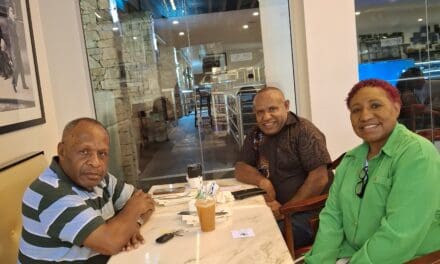
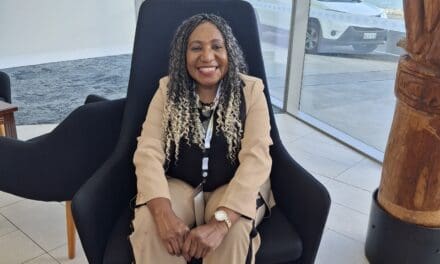
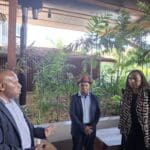


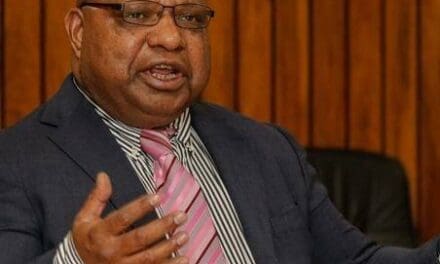


Recent Comments